EU-27 agree partial embargo on Russian oil
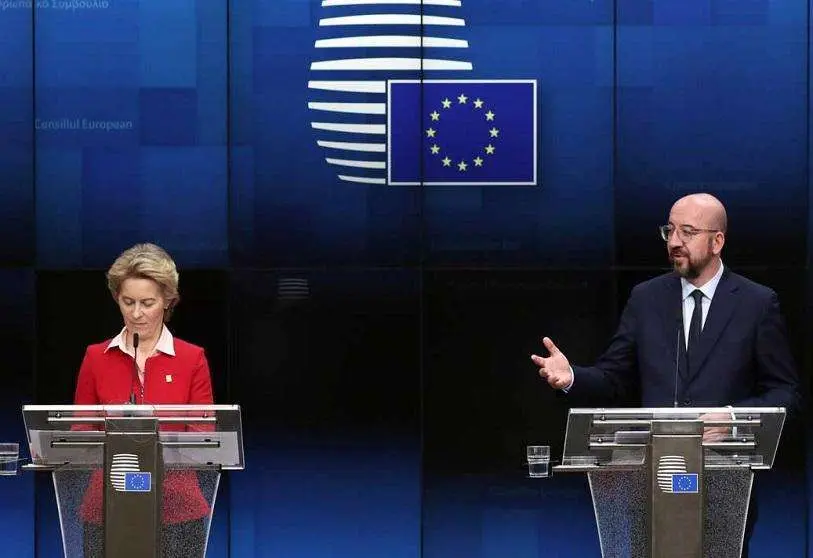
European Union leaders have agreed to a partial embargo on Russian oil after weeks of negotiations. After more than eight hours of negotiations at an extraordinary summit in Brussels, the EU is committed to reducing imports by around 90% by 2022. To this end, the EU-27 have agreed to ban Russian oil arriving on EU territory via ships, which accounts for two-thirds of the total. However, crude oil that crosses the Druzhba pipeline and supplies Hungary, the Czech Republic and Slovakia is excluded from the embargo, countries that are therefore exempt from the latest measure taken by Brussels against Moscow.
Yesterday, we decided to ban de facto 90% of Russian oil imports to ?? by the end of 2022.
— Ursula von der Leyen (@vonderleyen) May 31, 2022
Russia shows its unreliability as an energy supplier.#REPowerEU has 3 answers: Diversifying away from ?? fossil fuels, reinforcing security of supply/gas storage, accelerating renewables pic.twitter.com/75MjPmWSm3
For Budapest and Bratislava this requirement was crucial. After the European Commission proposed the Russian oil embargo, both countries announced that they would not support sanctions against Russian energy because of their heavy dependence. Prague has also called for a transition period to find alternatives to Russian oil.
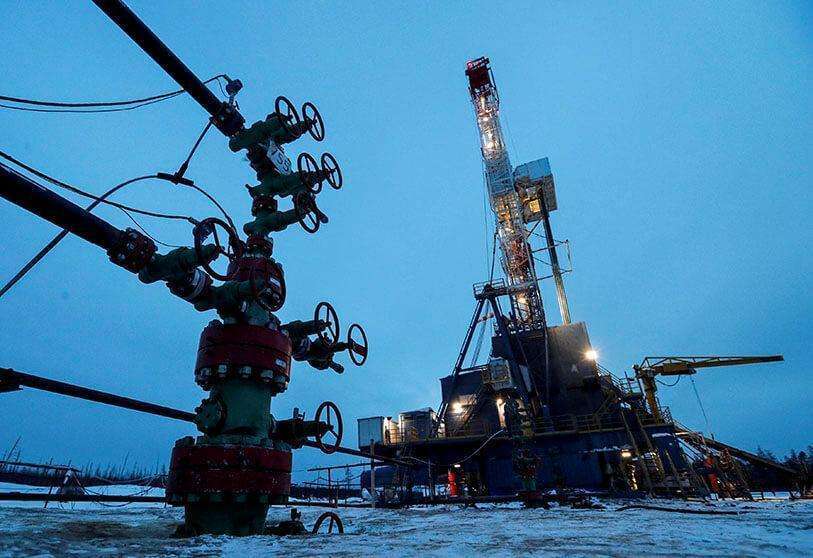
Before the meeting began, Hungarian President Viktor Orbán told reporters that he wanted assurances that his country would be able to access seaborne oil if "something happens" to the pipeline through Ukraine. The flow of Russian gas through Ukraine has been disrupted due to the war, so the Hungarian leader fears something similar could happen with crude oil.
PM Orbán: "We have managed to defeat the Commission's proposal to ban the use of oil from Russia in Hungary." Here's the PM's video statement with subtitles. pic.twitter.com/dLHQfxSasy
— About Hungary (@abouthungary) May 31, 2022
"We are in a very difficult situation because of the irresponsible behaviour of the commission. We doubt the response for the security of the Hungarian supply. The situation created by the commission is difficult and it is their responsibility", explained Orbán, who also called for "solutions before sanctions".
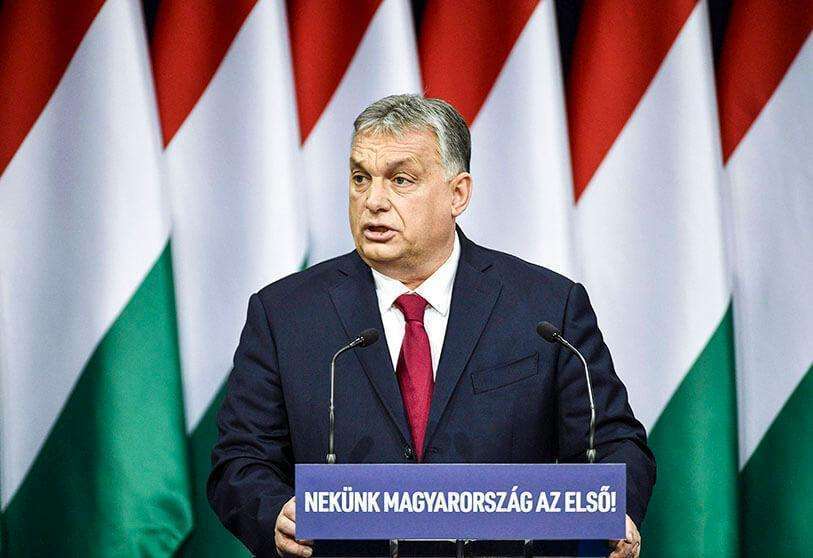
Despite the demands of the three countries, Brussels has indicated that the oil pipeline embargo will be agreed "as soon as possible". "This is an important step forward. We will soon come back to the issue of this remaining 10% of pipeline oil," European Commission President Ursula von der Leyen told the media after the summit ended.
I am glad that tonight leaders agreed in principle on the sixth sanctions package. This is an important step forward.
— Ursula von der Leyen (@vonderleyen) May 30, 2022
We also agreed to work on a mechanism to provide Ukraine with a new, exceptional macro-financial assistance package of up to €9 billion. https://t.co/La3bZl6JNp
With this measure, Brussels aims to overcome Russia's energy dependence, as well as to exert maximum pressure on Moscow to end its invasion of Ukraine, since banning Russian oil "cuts off a major source of funding for its war machine", as the President of the European Council, Charles Michel, declared. "I am very pleased that we can send a strong political signal in line with the credibility of the European Union, strong support for Ukraine. And we try to sanction Russia, the Kremlin, as much as we can," the European leader added.
Tonight #EUCO agreed a sixth package of sanctions.
— Charles Michel (@eucopresident) May 30, 2022
It will allow a ban on oil imports from #Russia.
The sanctions will immediately impact 75% of Russian oil imports. And by the end of the year, 90% of the Russian oil imported in Europe will be banned. pic.twitter.com/uVoVI519v8
The partial embargo on Russian oil unlocks the sixth set of sanctions against Russia. In this new package, the disconnection of the largest Russian bank, Sberbank, from the international payment system SWIFT has been agreed. The Russian banking institution is the seventh bank to be expelled from the network. Brussels has also announced sanctions against the leader of the Russian Orthodox Church, Patriarch Kirill, and Colonel Azabet Omurbekov, nicknamed "the Butcher of Bucha" for his involvement in the massacres in the city. The new agreement against Moscow also bans broadcasts from several Russian channels.
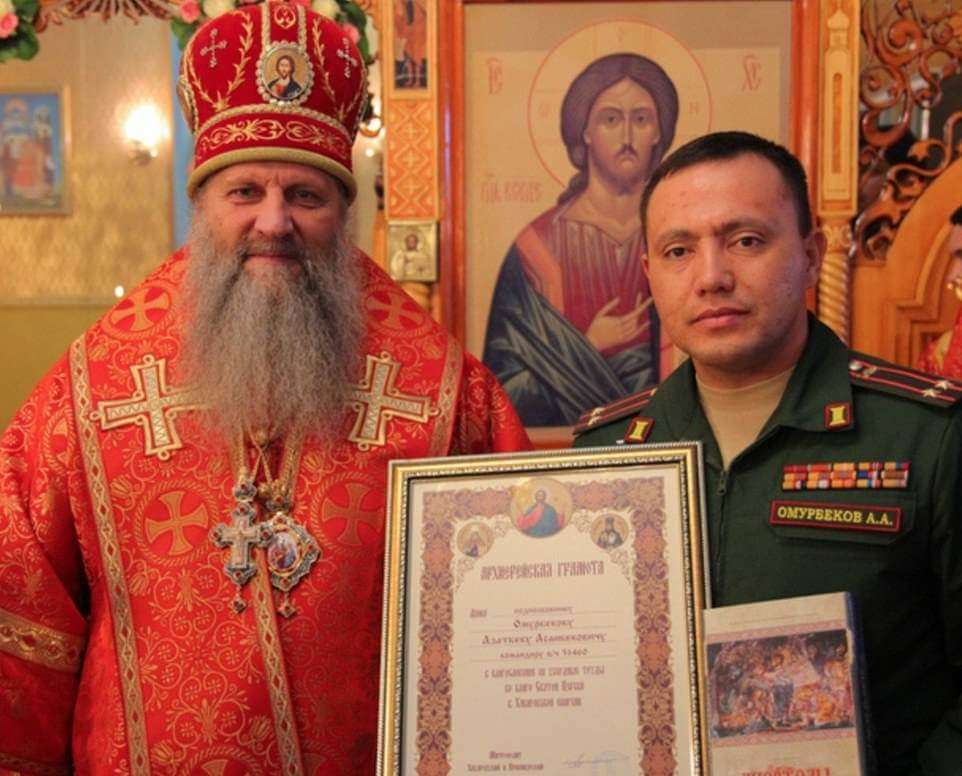
In addition to agreeing a partial embargo on Russian oil and new sanctions against Moscow, Brussels has also agreed to new financial aid for Ukraine of 9 billion euros. However, Ukrainian President Volodimir Zelensky has called for a stronger commitment against Russian energy.
Volodymyr Zelenskyy has addressed an EU leaders' summit in Brussels this afternoon - the second time he's done so - with talk of a compromise which could see some Russian oil imports banned, and others continued.
— Gavan Reilly (@gavreilly) May 30, 2022
Reporting on the day's events @VirginMediaNews at 5:30. pic.twitter.com/pNKtWBcYcN
"Why can Russia still earn almost a billion euros a day by selling energy resources? Why do the banks of a terrorist state continue to work with Europe and the global financial system?" the Ukrainian president asked via video conference with European leaders.
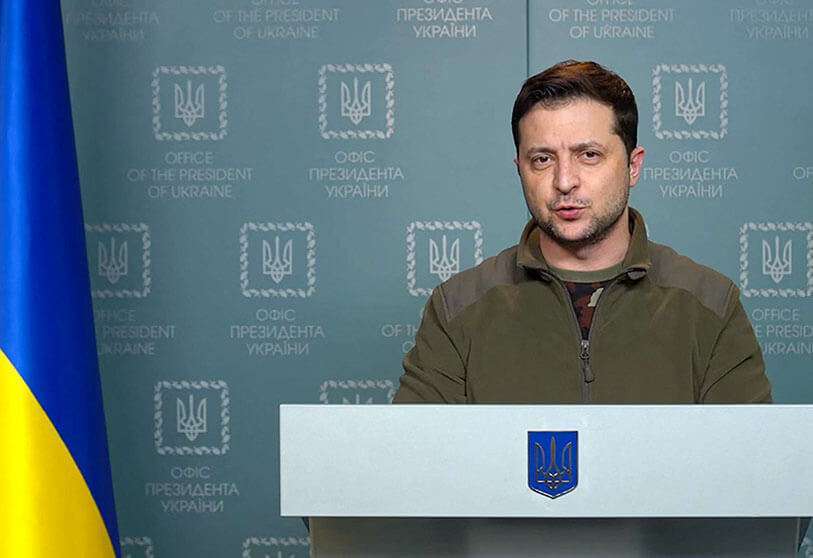
Zelensky also called for unity in the face of Russia and its energy issues. "All disputes in Europe must end; they are internal disputes that only encourage Russia to exert more and more pressure on you, on the whole of Europe," said the president, who also took stock of the latest developments in Ukraine, in particular "the destruction of the Russian offensive in the Donbas".








